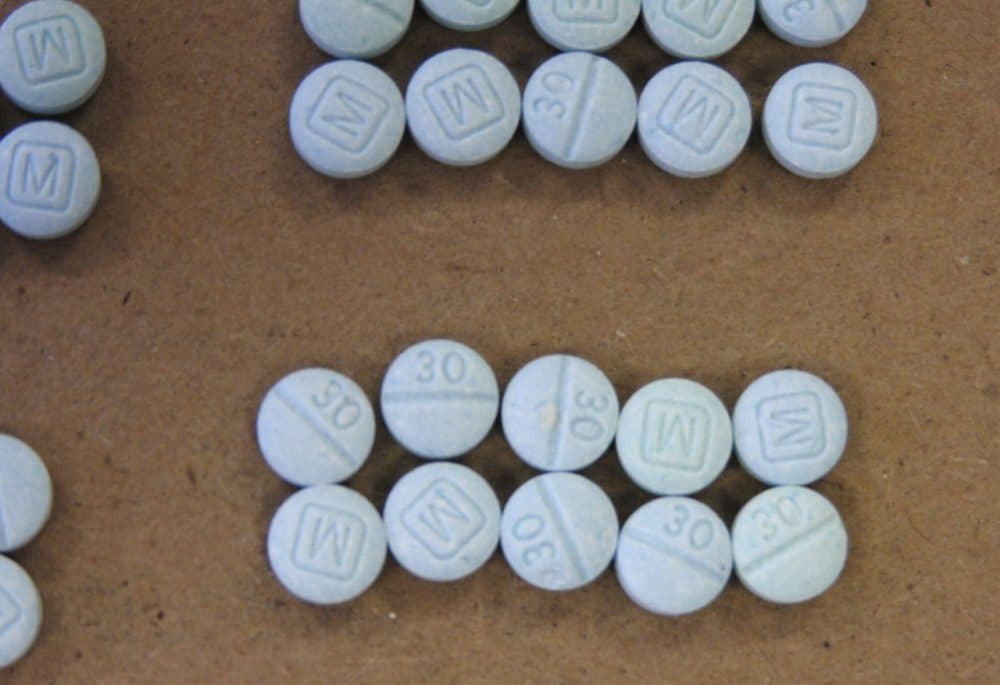Advertisement
Mass. Statistics Show Opioid Overdose Deaths Continue To Rise
Resume
Exacerbated by the potent painkiller fentanyl, the opioid crisis in Massachusetts continued to worsen in 2015, with more people succumbing to overdoses, according to the latest quarterly snapshot from the state Department of Public Health.
There were 1,379 confirmed opioid-related overdose deaths in Massachusetts last year, an 8 percent increase over the number of confirmed deaths in 2014 (1,282). More alarming still, the 2014 figure represents a 41 percent increase over the number of overdose deaths in 2013 (911).
WBUR's Deborah Becker tells us more about the numbers and her experience attending an addiction medicine conference in Baltimore.
Guest
Deborah Becker, WBUR senior correspondent and host. She tweets @wburdebbecker.
More
CommonHealth: Mass. Opioid Crisis Continued To Worsen In 2015
- "The report, for the first time, includes data on fentanyl, a synthetic opioid that’s many times more powerful than heroin. DPH finds that more than 50 percent of last year’s opioid-related overdose deaths had a positive screen for fentanyl."
- "While addiction treatment providers are increasingly recommending that medication be used to help wean people off opioids, some doctors are concerned there is now too much of a focus on medication and not enough on the harder work of long-term recovery from substance use disorder. During the annual American Society of Addiction Medicine conference in Baltimore last month, a frequently heard statistic was that every 20 minutes someone in the U.S. dies from an opioid overdose."
The Boston Globe: U.S. Facing Not One, But Two Opioid Epidemics
- "But there’s a problem with this umbrella term 'opioids.' It hides the fact that Americans are actually dying from two separate scourges: some are succumbing to heroin, others to prescriptions drugs like OxyContin, Percocet, and Vicodin. Reacting to these very different epidemics with a set of policies focused on 'opioids' may ultimately prove inadequate, even counterproductive. Because heroin and prescription opioids are killing different people, in different ways, across different parts of the country."
This segment aired on May 2, 2016.